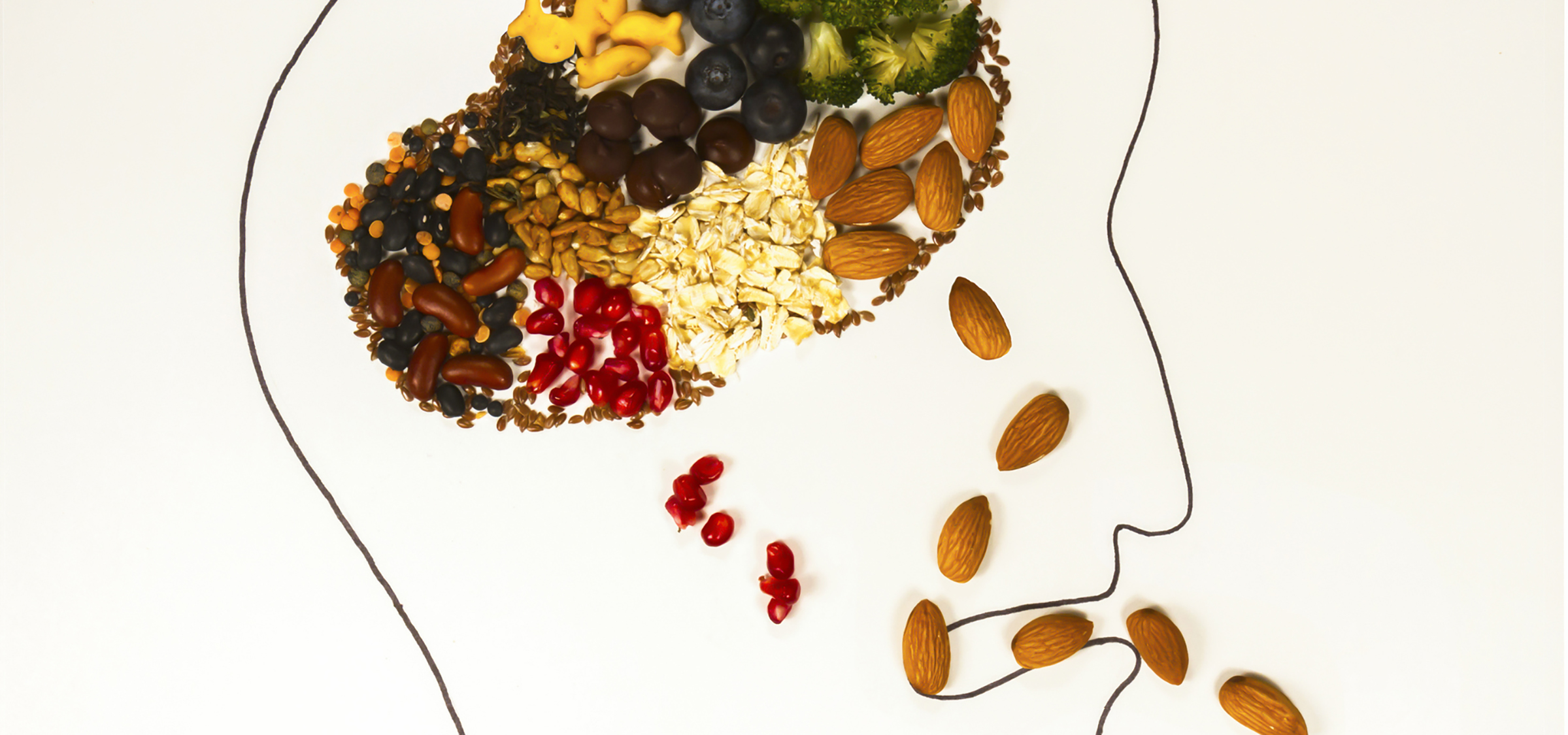In his 18th century essay The Pleasures and Pains of Coffee, French novelist Honoré de Balzac wrote: “Many people claim coffee inspires them, but, as everybody knows, coffee only makes boring people even more boring. Think about it: although more grocery stores in Paris are staying open until midnight, few writers are actually becoming more spiritual.”
Balzac himself was known to drink a lot of coffee. However, Baudelaire may have read that sentence and paid heed, for he chose absinthe as his creative stimulant not long after Balzac’s death, followed by Oscar Wilde in the late eighteenth century. These writers picked the cultural phenomenon of the green fairy as an assistant in their creative pursuits, while others like Proust stuck to coffee, knowing well that non-alcoholic, non-hallucinogenic drinks can impact the mind too.
A cup of joe may provide a boost in productivity, but caffeine is also known to influence neurotransmitters released in the brain, and in effect make you wonder whether you’re even capable of getting anything done. It produces a stress response similar to the fight-or-flight response that comes with an adrenalin rush.
In the last decade, there’s been a rise in the understanding of the relationship that food has to our mental well being. In 2004, the British Journal of Nutrition published a study where they found that day to day diet affects cognition and behaviour in children and adolescents.
There’s a reason that prawn salad or tuna steak makes you feel so good. It isn’t just the chunkiness of the prawn against the crunchy lettuce, or the way your teeth sink into the cooked fish. The star nutrients in these dishes, Omega-3 fatty acids, are mood-boosters. Omega-3 fatty acids are also found in walnuts, flaxseeds and other types of seafood. According to a study released by the University of Pennsylvania in 2006, those who consumed lower levels of Omega-3 fatty acids were found to be sadder, more pessimistic and lacked motivation. All of these symptoms are associated with depression and schizophrenia.
With age, the structure of the brain changes—cognitive responses and cell regeneration both slow down, and Omega-3 intake becomes even more essential. Your brain will thank you for that dinner of greek salad and pancetta-wrapped fig with lemony potatoes when you’re older. The American Academy of Neurology conducted a study in 2017, which compared the diets of people in their 70s. They found that participants who consumed a Mediterranean diet rich in seafood, fresh fruit and vegetables had a comparatively slower loss of brain mass than those who didn’t.
Strong correlations have also been made between selenium levels in the body and symptoms of depression and anxiety. The universal stigma around mental health has hindered discussions around the topic, especially when it comes to prenatal and postnatal depression. The University of Calgary found that nutrition plays a key role in maternal depression, in one of their studies. Levels of selenium are known to interact with thyroid function and influence hormones and neurotransmitters. It is recommended that pregnant women, who are the most affected, ensure they eat selenium-rich food like tuna, halibut and brazil nuts.
According to Dr. Pubalin Das, a therapist at the Mind Wellness Centre in Delhi, “the lack of awareness, in the Indian context, comes from the lack of availability of information”. Das, who is also currently pursuing her post-doctorate degree at Delhi University, believes that “diet should be incorporated in therapy sessions to make patients more aware of the effects that food has on their mental health”.
Try eating a bowl of blueberries along with an avocado smoothie instead of crisps and coke the next time you’re feeling stressed. Similar to the instant rush that comes from coffee, junk food and sodas may feel comforting in the moment. However, just like the low that follows a coffee high, a dip in energy can be guaranteed. Fresher, healthier snacks are likely to have a more positive impact on your mood, which then also lasts longer. It’s vital to understand the relationship between food and the mind because ultimately, personalities stem from what they’re exposed to—and grouchy is only cute as a smurf.




